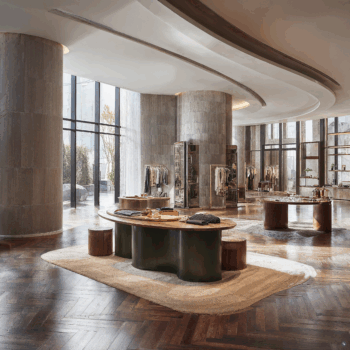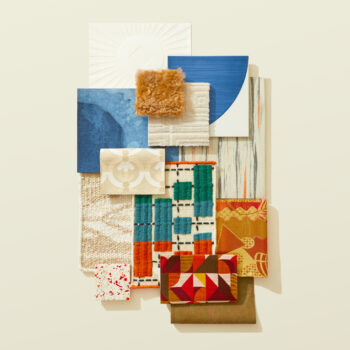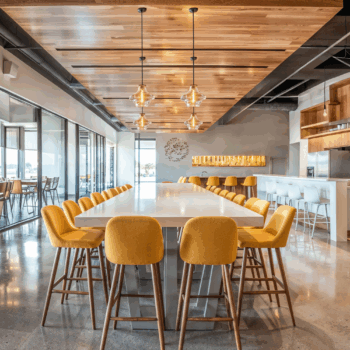
Peruvian Andean design is shaped by its mountainous geography, layered history, and a deep respect for material culture. Influenced by Indigenous traditions from the highlands—most notably the Quechua and Aymara peoples—this style emphasizes reciprocity with the land, geometric expression, and functional craftsmanship. The design language is informed by centuries of building techniques, artisanal practices, and symbolic artistry, from terraced landscapes and stonework to intricate woven patterns used in textiles and architecture. While the aesthetic remains rooted in place, its legacy is increasingly visible in contemporary design, where elements of Andean tradition enrich both form and atmosphere.
The Core Principles of Peruvian Andean Design
1.) Material Honesty
Traditional materials like stone, adobe, clay, wool, and wood are celebrated for their regional availability, durability, and visual texture. These materials often form the foundation of both architecture and decor.
2.) Geometric Pattern and Symbolism
Andean motifs—zigzags, stepped forms, and diamond patterns—convey cultural meaning and identity. These designs are commonly found in textiles, ceramics, and architectural details.
3.) Textile Tradition
Handwoven fabrics are central to Andean design, often using alpaca or sheep wool. The layered textures, bold colors, and intricate patterns reflect cultural storytelling and skilled craftsmanship.
4.) Connection to Landscape
Buildings and interiors echo the contours of the Andes through layered spatial compositions, raw materials, and a strong visual connection to surrounding terrain.
5.) Color from Nature
Palettes are grounded in earthy reds, ochres, deep browns, and mineral blues—colors drawn from the natural environment and traditional dyes.
Peruvian Andean Design in Practice
Grounded Healing in Healthcare
Natural stone, clay-toned wall finishes, and wool-based acoustic treatments offer a tactile, calming experience in healthcare settings, drawing on Andean materiality to reduce stress and enhance connection.
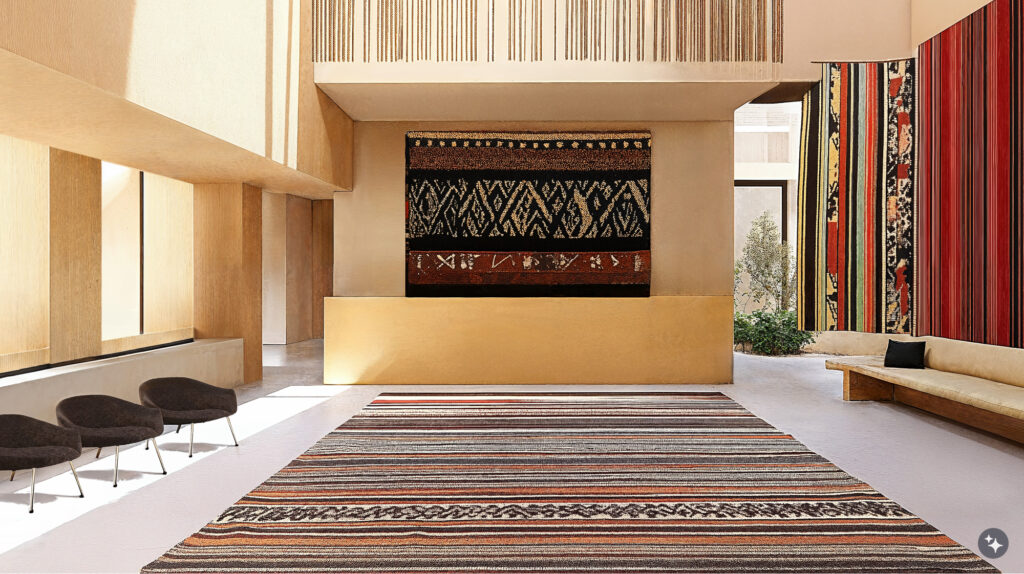
Craft-Driven Calm in the Workplace
Workspaces inspired by Andean design integrate handwoven textiles, wood furniture, and warm earth tones to promote a sense of rootedness and visual texture.

Education Through Environment
Learning environments benefit from tiered layouts and zoned platforms, handcrafted details, and symbolic patterning, creating spaces that celebrate cultural knowledge and design as a form of storytelling.
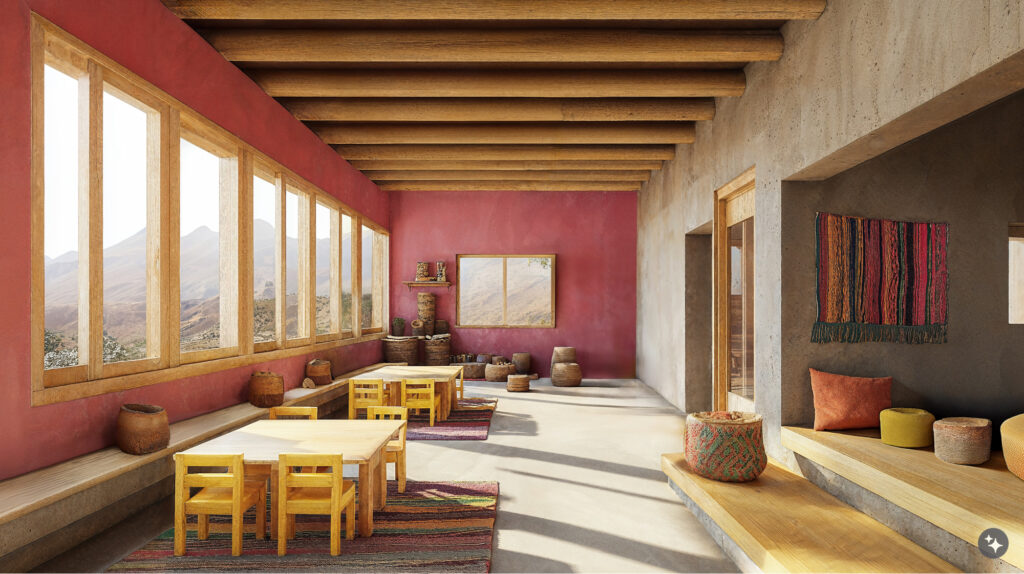
Hospitality Rooted in Place
Hotels and resorts inspired by the Andes integrate adobe-style walls, woven accents, and regionally informed palettes to offer guests immersive, site-sensitive experiences.

Residential Spaces that Embrace Craft
Homes inspired by Andean design incorporate natural wood furniture, woven wall hangings, and earthy palettes to create inviting, storied interiors that blend past and present.
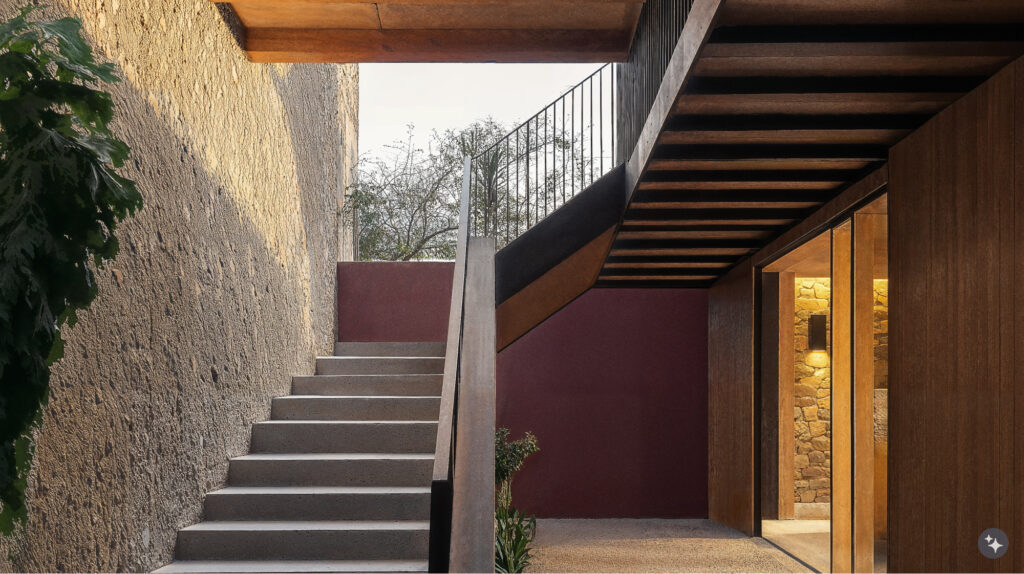
Peruvian Andean design offers a timeless aesthetic grounded in cultural identity, artisanal excellence, and environmental responsiveness. By drawing from traditional practices and translating them into contemporary spaces, designers can create environments that are both rooted and relevant, celebrating craft, place, and story through enduring materials and thoughtful design.
Looking for more regional inspiration? Explore our take on Mexican Hacienda Design for another expression of cultural heritage through materials and form.





